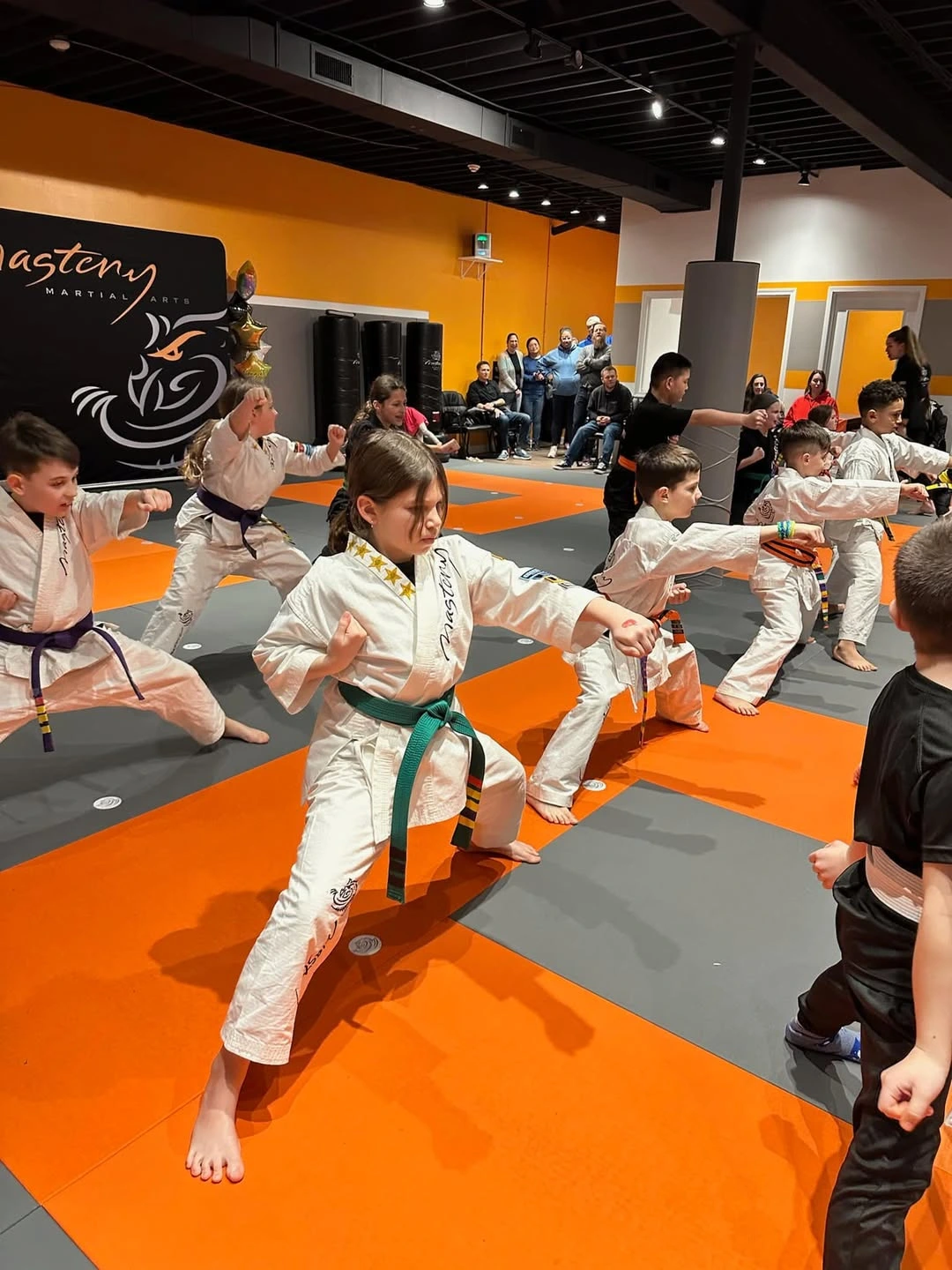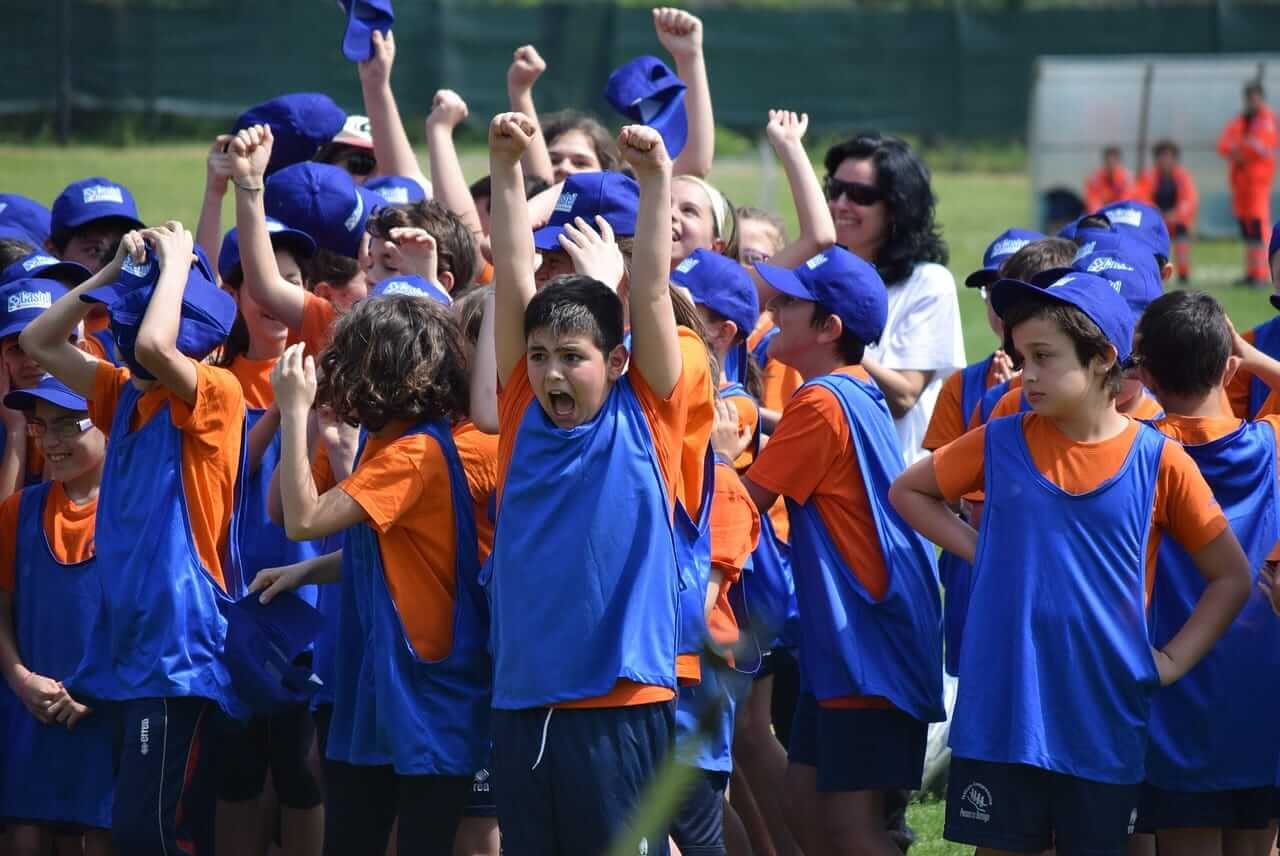Introduction
Every parent wants their child to develop strong focus, self-discipline, and confidence. In today’s fast-paced world, distractions are everywhere, making it harder for kids to concentrate and follow through on tasks. Martial arts is one of the most effective ways to teach children focus and discipline while also helping them build physical strength and self-confidence.
At Kids Martial Arts Troy, children are introduced to structured training programs that help them stay attentive, follow instructions, and develop a strong sense of responsibility. Whether your child struggles with paying attention in school or needs a positive outlet for energy, martial arts training can provide a well-rounded solution.
The Role of Martial Arts in Child Development
Martial arts is more than just learning kicks and punches; it’s about shaping a child’s character. Here’s how it benefits their development:
Building Self-Discipline – Martial arts instills discipline by requiring students to follow rules, respect their instructors, and complete tasks step by step.
Enhancing Concentration and Attention Span – Through repetitive movements, drills, and focus-based exercises, children develop better concentration.
Developing Respect and Responsibility – Bowing to instructors, waiting their turn, and being accountable for their training teaches valuable life skills.
As kids progress in martial arts, they begin to see improvements in their behavior at home, in school, and in social situations.
How Martial Arts Improves Focus in Kids

Martial arts helps children enhance their ability to focus in several ways:
Structured Training and Routines – Classes follow a consistent structure, which helps children develop habits of discipline and attention.
Mindfulness and Awareness Exercises – Breathing techniques, meditation, and controlled movements encourage kids to be present in the moment.
The Impact of Goal-Setting – Kids learn to set and achieve goals, such as earning belts and mastering techniques, which strengthens their ability to focus on long-term objectives.
With regular practice, kids become more mindful and learn to stay engaged in whatever they are doing, whether in martial arts or their daily activities.
Discipline Through Martial Arts Training
Self-discipline is one of the core values taught in martial arts. Children learn discipline in multiple ways:
Learning Self-Control – Through sparring, drills, and exercises, children develop the ability to control their emotions and reactions.
Understanding Rules and Boundaries – Martial arts classes emphasize following instructions and adhering to guidelines, teaching kids to respect rules.
The Value of Consistency and Perseverance – Training requires patience and dedication, reinforcing the idea that success comes through hard work.
Martial arts helps children develop inner discipline, which positively impacts their behavior at home and in school.
Boosting Confidence and Self-Esteem
Many children struggle with low confidence, but martial arts can help build their self-esteem in a structured and supportive environment.
Overcoming Challenges – As children master new techniques and advance through belt ranks, they gain confidence in their abilities.
Building Resilience – Learning martial arts requires persistence. Falling and getting back up teaches children resilience and the importance of perseverance.
Positive Reinforcement – Instructors encourage kids, recognize their progress, and celebrate their achievements, helping them feel proud of their efforts.
When children feel confident in their skills, they are more willing to take on challenges, whether in martial arts, academics, or life in general.
Social Benefits of Kids Martial Arts
Beyond focus and discipline, martial arts offers valuable social benefits for children:
Learning Teamwork and Cooperation – While martial arts is often an individual practice, students still work together in partner drills, group exercises, and class activities.
Developing Leadership Skills – Older or more advanced students often mentor beginners, teaching them the importance of responsibility and leadership.
Fostering a Sense of Community – Martial arts schools create a welcoming environment where kids form friendships, build camaraderie, and develop respect for one another.
By training alongside peers, children learn how to interact positively with others, respect different perspectives, and support one another’s growth.
Physical Benefits Alongside Mental Growth
Martial arts isn’t just about mental discipline; it also enhances physical fitness, helping children stay active and healthy.
Enhancing Coordination and Motor Skills – Kicking, punching, and defensive movements improve balance, agility, and fine motor skills.
Strengthening Body and Mind – Martial arts training involves physical conditioning that enhances overall strength, endurance, and flexibility.
Promoting a Healthy and Active Lifestyle – Regular exercise in martial arts helps combat obesity and encourages children to stay physically fit.
Unlike traditional sports, martial arts offers a full-body workout while simultaneously training the mind, making it a holistic approach to child development.

Choosing the Right Martial Arts School in Troy
Selecting the best martial arts school for your child is crucial for their growth and enjoyment. Here are some factors to consider:
Qualified and Experienced Instructors – Look for instructors with strong credentials, teaching experience, and a positive attitude toward kids.
Safe and Well-Equipped Facilities – A clean, safe, and spacious training environment is essential for effective learning.
Programs Suitable for Different Ages and Skill Levels – Schools should offer beginner-friendly programs that align with your child’s age and experience.
Many schools provide free trial classes—a great way for parents and children to experience the training style, meet instructors, and assess if it’s a good fit.
Different Martial Arts Styles for Kids
Each martial arts style offers unique benefits. Some popular options include:
Karate focuses on striking techniques, discipline, and structured movements.
Taekwondo – Known for its powerful kicks and emphasis on speed and agility.
Brazilian Jiu-Jitsu (BJJ) – Teaches grappling, ground control, and self-defense techniques.
Kickboxing – A high-energy martial art that enhances fitness, coordination, and striking skills.
Choosing the right style depends on your child’s interests, strengths, and the available options at martial arts schools in Troy.
How Parents Can Support Their Child’s Martial Arts Journey
Parental support plays a significant role in a child’s success in martial arts. Here’s how you can help:
Encourage Consistent Practice – Regular attendance and at-home practice reinforce learning.
Set Realistic Goals Together – Help your child understand that progress takes time and effort.
Celebrate Achievements – Recognize and reward milestones, such as earning a new belt or mastering a technique.
By staying involved and showing enthusiasm, parents can help children stay motivated and committed to their martial arts training.
Common Concerns About Kids Martial Arts
Many parents have concerns about martial arts. Here are some common questions and answers:
Is martial arts safe for children?
Yes! With proper training, protective gear, and supervision, martial arts is a safe activity for kids.
Will my child become aggressive?
No. Martial arts teaches self-control, respect, and the importance of resolving conflicts peacefully.
What if my child loses interest?
Kids may go through phases of interest, but keeping them engaged with new challenges and encouragement can help maintain their motivation.
Understanding the benefits and structure of martial arts can help alleviate any concerns you may have as a parent.
Is karate good for kids with ADHD?
YES! Karate can help kids with ADHD learn to focus better and complete tasks with less distractions.
Enrolling Your Child in a Kids Martial Arts Program in Troy
If you’re ready to sign your child up for martial arts, here’s how to get started:
Find a Reputable Martial Arts School – Research schools in Troy, read reviews, and visit the facilities.
Attend a Trial Class – Many schools offer free or low-cost trial classes so kids can experience a session before committing.
Understand the Costs and Requirements – Ask about registration fees, uniforms, and any additional expenses.
Getting your child involved in martial arts is a rewarding investment that fosters lifelong skills and values.
Final Thoughts on Kids Martial Arts
Martial arts is one of the best activities to help children develop focus, discipline, confidence, and physical fitness. Through structured training, kids learn valuable life skills that benefit them at home, in school, and in social settings.
If you’re looking for an engaging and productive way to help your child grow, enrolling them in a kids martial arts program in Troy could be the perfect choice. With the right guidance, support, and dedication, your child will thrive both on and off the mat.
FAQs
What age is best to start martial arts?
Most martial arts schools accept children as young as 3-5 years old, depending on the program.
2. How often should my child attend classes?
Two to three classes per week is ideal for consistent progress, though some kids train more frequently.
3. Can martial arts help with ADHD?
Yes! Many children with ADHD benefit from martial arts because it promotes focus, discipline, and structured learning.
4. What if my child is shy or introverted?
Martial arts helps build confidence and social skills, making it a great option for shy children.
5. Are there competitions for kids in martial arts?
Yes! Many martial arts schools offer tournaments, providing opportunities for children to test their skills and build confidence.



0 Comments